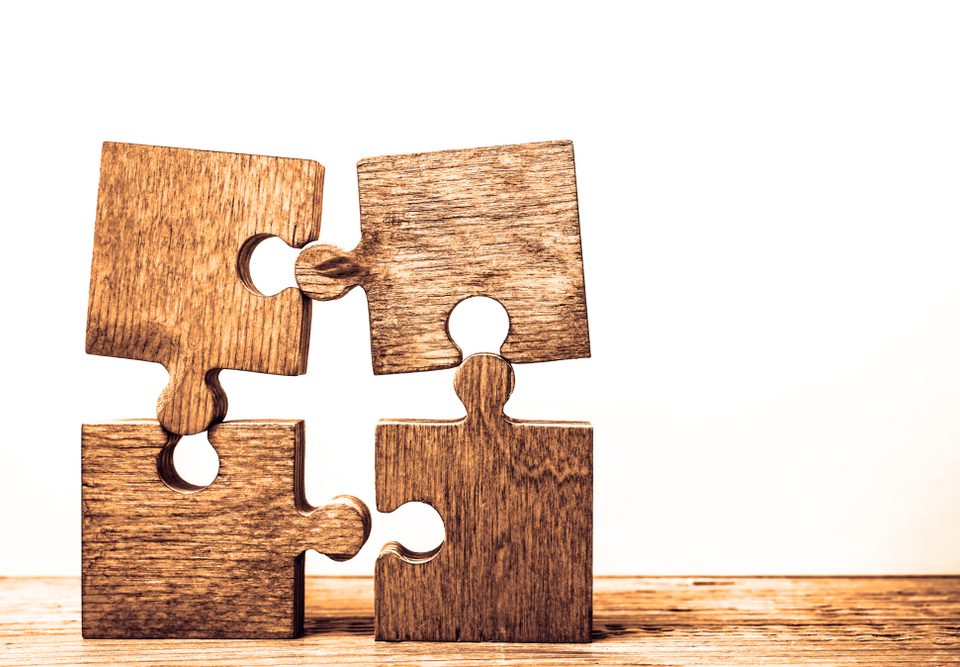
Parenting a Child with ADHD
May 1, 2024
The Power of Listening to Your Child
May 6, 2024Toxic relationships can be damaging for anyone, but they can be particularly challenging for teens who are still developing their sense of self and learning how to navigate relationships. Here are some signs of toxic relationships for teens to be aware of:
- Constant Criticism: If your partner is constantly criticizing you, putting you down, or making you feel worthless, it’s a sign of a toxic relationship.
- Isolation: If your partner tries to isolate you from your friends and family, or if they get jealous when you spend time with other people, it could be a red flag.
- Controlling Behavior: This includes telling you what to wear, who to hang out with, or how to act. A healthy relationship should allow both partners to be themselves.
- Manipulation: Manipulative behavior involves trying to control or influence you through deceit, guilt, or other underhanded tactics.
- Lack of Respect: If your partner doesn’t respect your boundaries, your feelings, or your autonomy, it’s a sign that the relationship is unhealthy.
- Unpredictable Mood Swings: If your partner’s mood swings wildly from one extreme to another, it can create a stressful and unstable environment.
- Physical, Emotional, or Sexual Abuse: Any form of abuse is absolutely unacceptable and should never be tolerated. If you feel unsafe or threatened in any way, seek help immediately.
- Gaslighting: This is a form of manipulation where your partner tries to make you doubt your own feelings, memories, or perceptions. They may deny things they’ve said or done, or try to make you feel like you’re overreacting.
- Feeling Drained or Exhausted: If being with your partner consistently leaves you feeling drained, exhausted, or emotionally depleted, it’s a sign that the relationship is taking a toll on your well-being.
- Lack of Communication: Healthy relationships require open and honest communication. If you feel like you can’t talk to your partner about your thoughts and feelings without fear of judgment or retaliation, it’s a sign that something is wrong.
If you recognize any of these signs in your child’s relationship, it’s important to take them seriously and consider seeking help.
To learn more tips and parenting subscribe to MASK The Magazine, parenting solutions for today’s families
https://www.maskmatters.org/product/mask-the-magazine/
Or
Did you know that you can add past issues of MASK The Magazine and start your MASK Library –
https://www.maskmatters.org/product/single-issues-of-mask-the-magazine/



